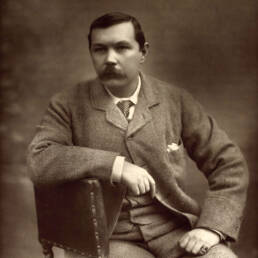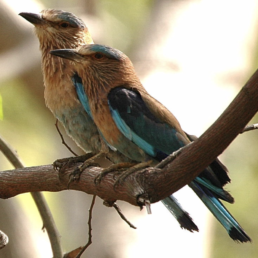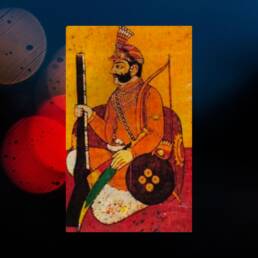Several women from across the globe contributed towards shaping the Universal Declaration of Human Rights(UDHR). Hansa Mehta was one of them, and ultimately, modifying only one word had the greatest impact.
The UDHR was adopted more than 70 years ago in Paris to ensure freedom for all people, regardless of gender. It has been translated into over 500 languages now.
The landmark treaty was created by delegates, most of whom were men, from all corners of the globe with various legal and cultural backgrounds.
And because of individuals like Hansa Mehta, women’s rights were not disregarded. She was an educator, social reformer, freedom fighter, and a staunch feminist and one of the 15 women who helped to draft the Indian Constitution.
In Article 1 of the Universal Declaration of Human Rights, she is largely credited with replacing “All men are born free and equal” with “All human beings are born free and equal.” The tiny change had transcending impact.
Her fight for changing one word reaffirmed the need for gender-equality in the new world. “The world can thank a daughter of India. How appropriate, how fitting it is,” remarked Ban Ki-moon, former Secretary General of the United Nations in 2015.
If not for Hansa Mehta, according to UN Secretary General Antonio Guterres’ statement from December 2018, “we would probably be speaking of the Universal Declaration of the Rights of Man rather than of Human Rights.”
The first article of the renowned six-page document, which Guinness World Records has dubbed the most translated book ever from Abkhaz to Zulu to sign languages, begins with one woman’s modest but enduring change, Hansa Mehta.
Sources:
UN.org, economicstimes.com, NDTV, A New Hope: India, the United Nations and the Making of the Universal Declaration of Human Rights by MANU BHAGAVAN, ohchr.org.




